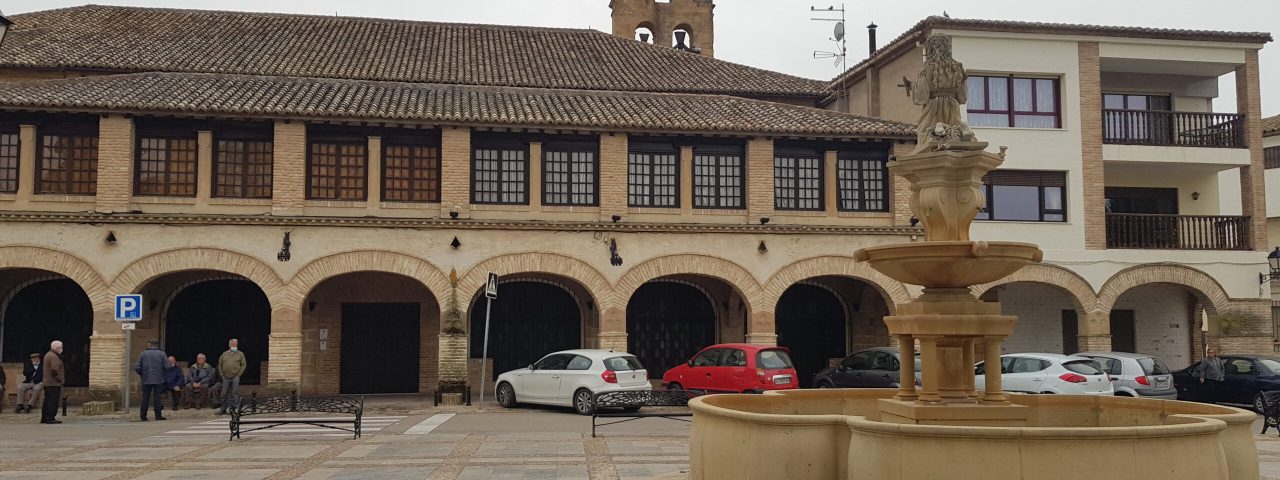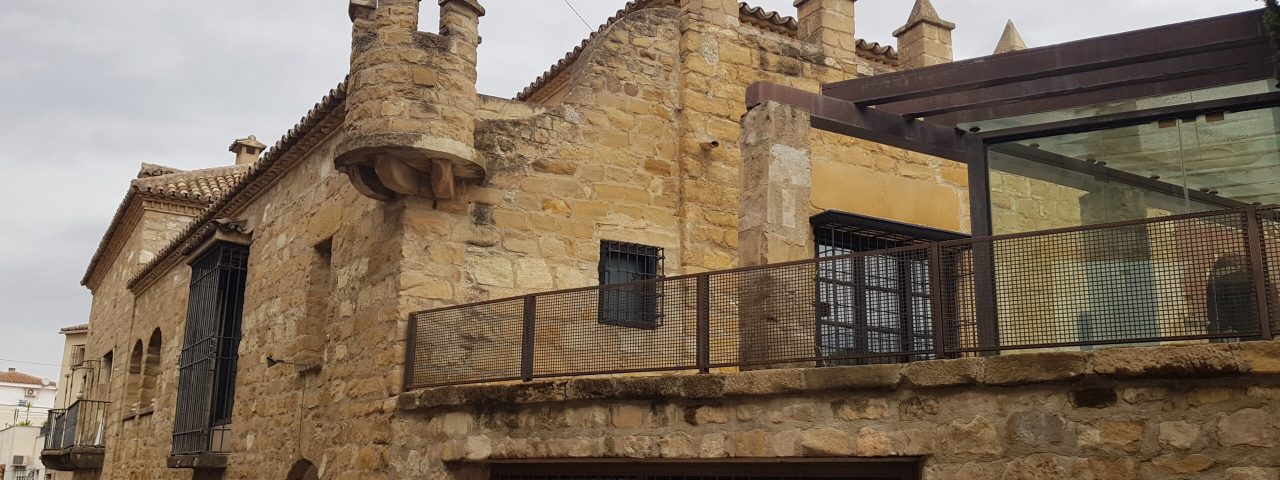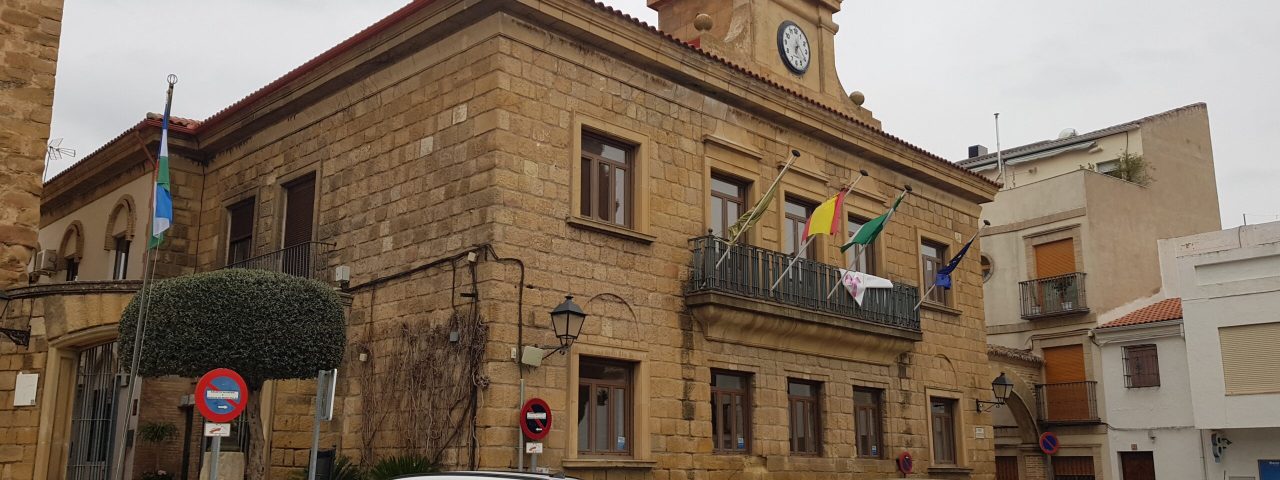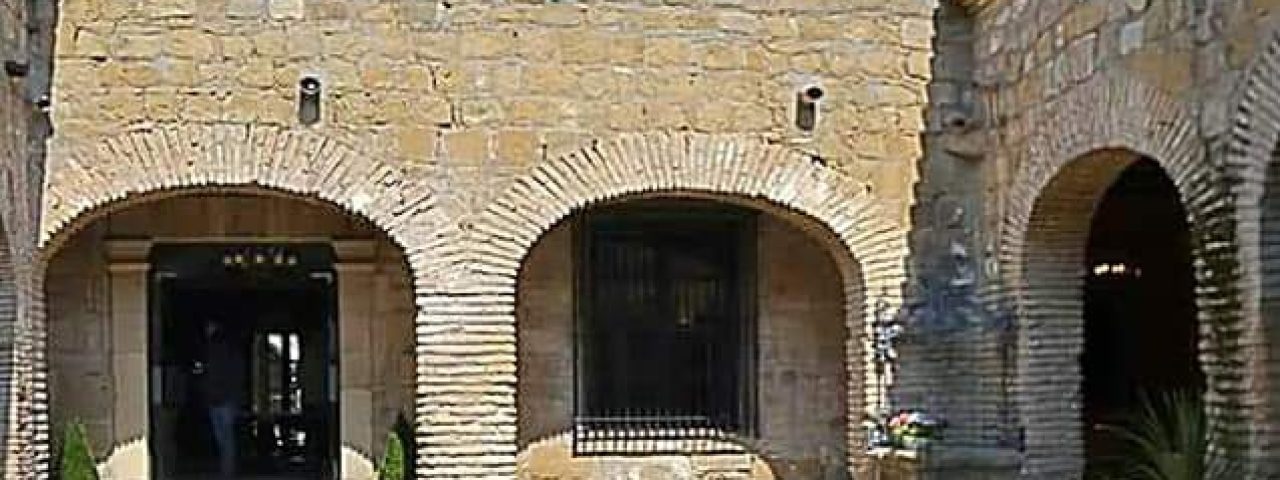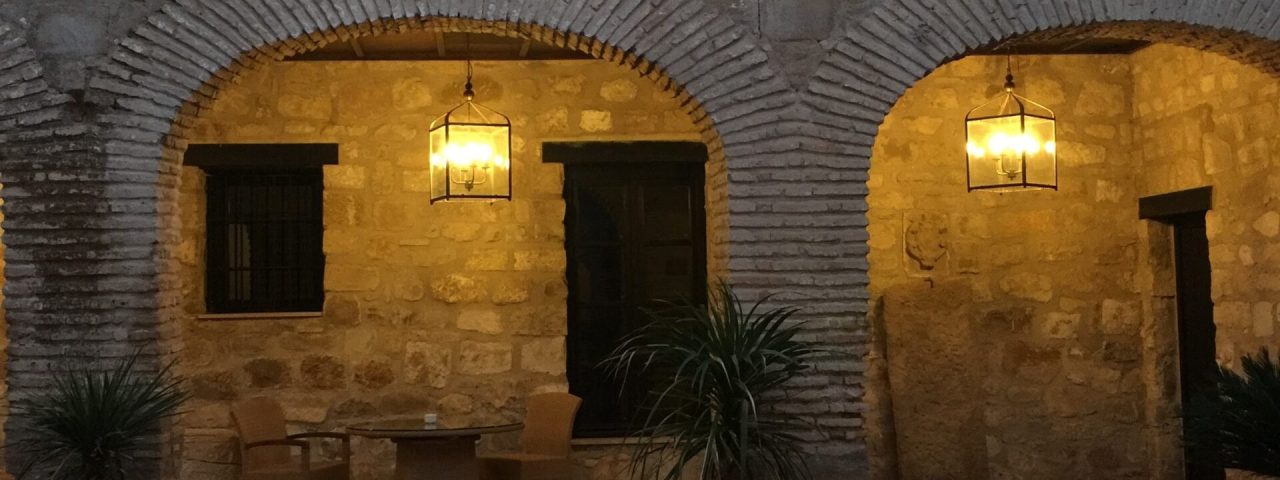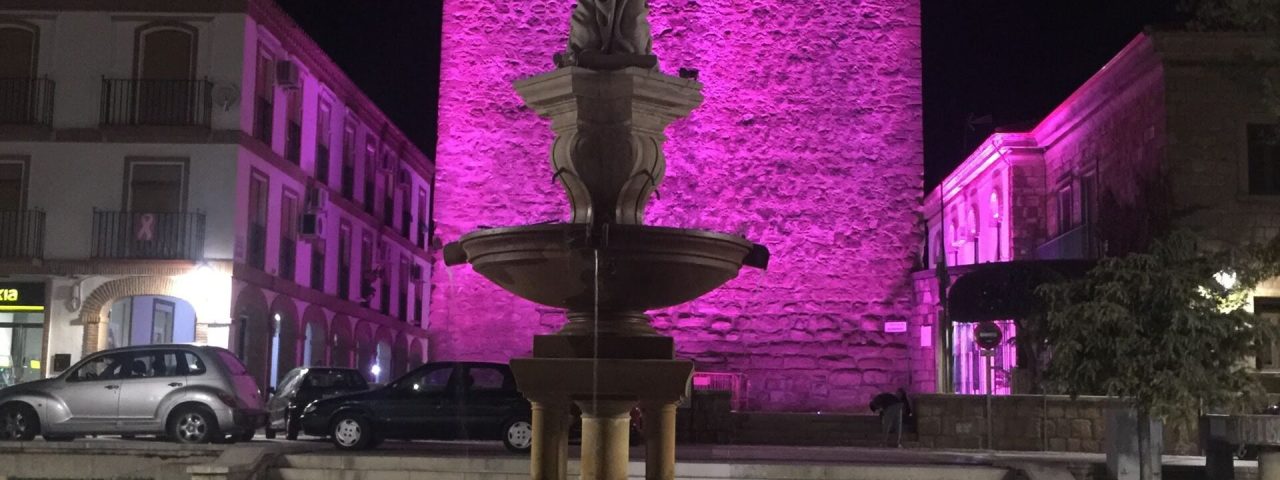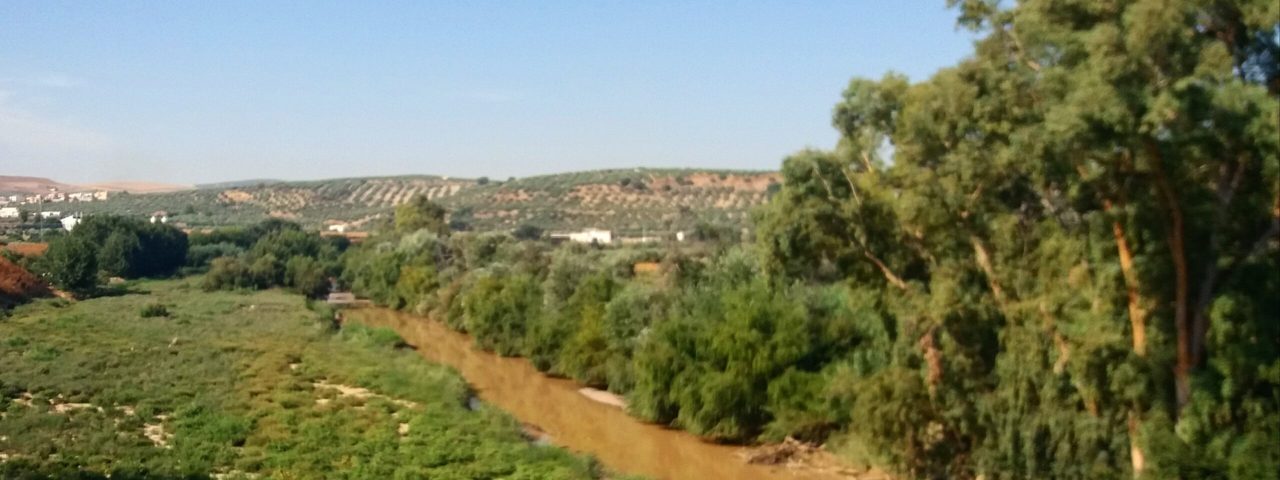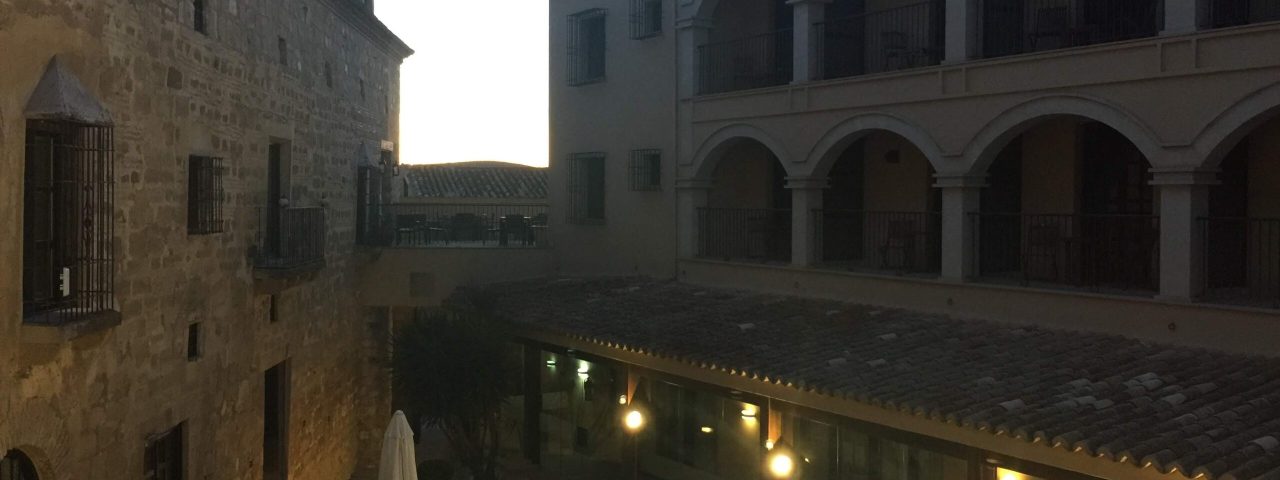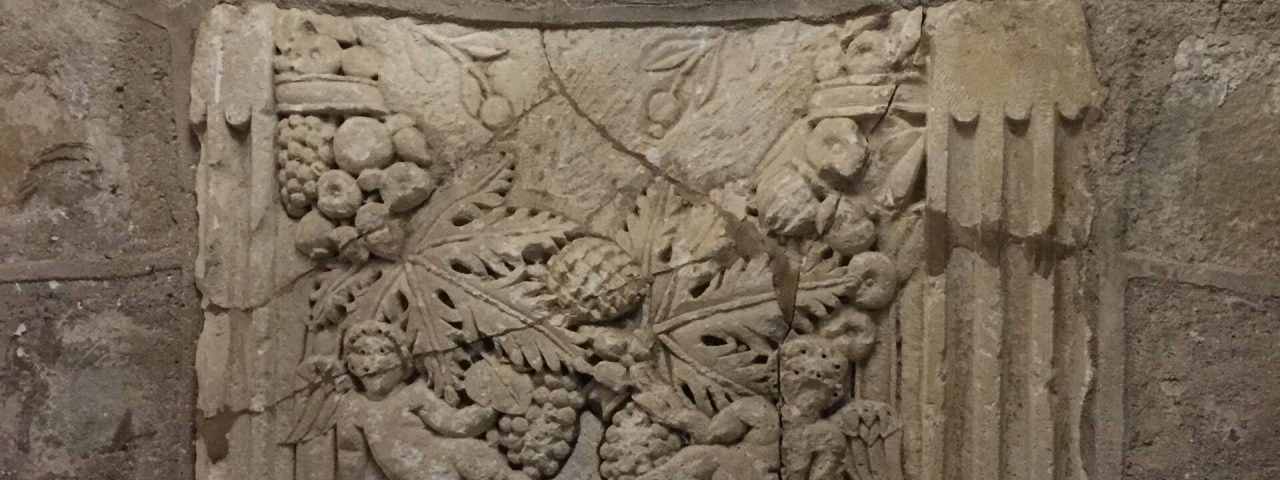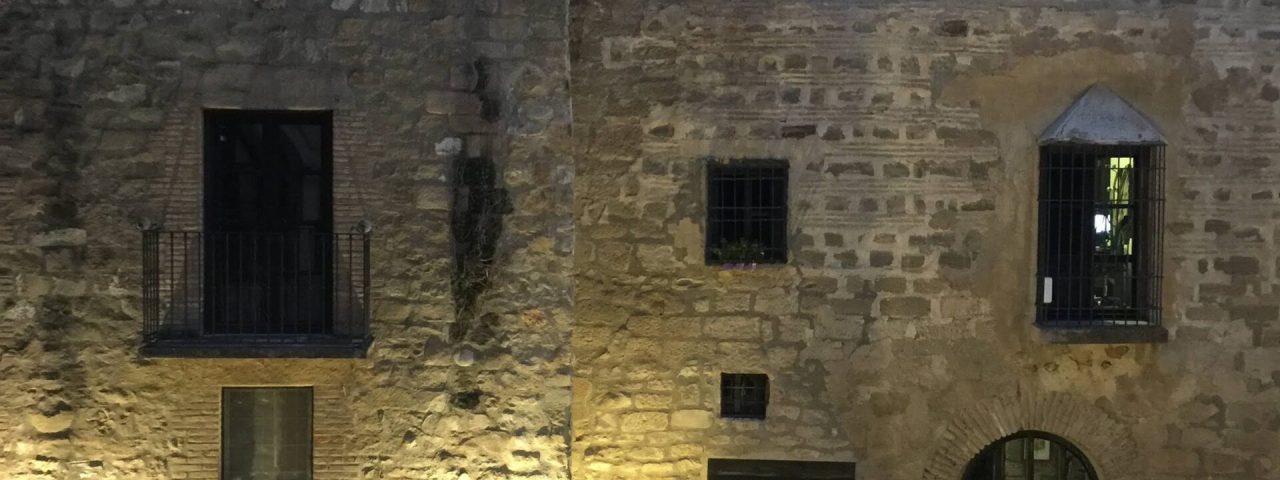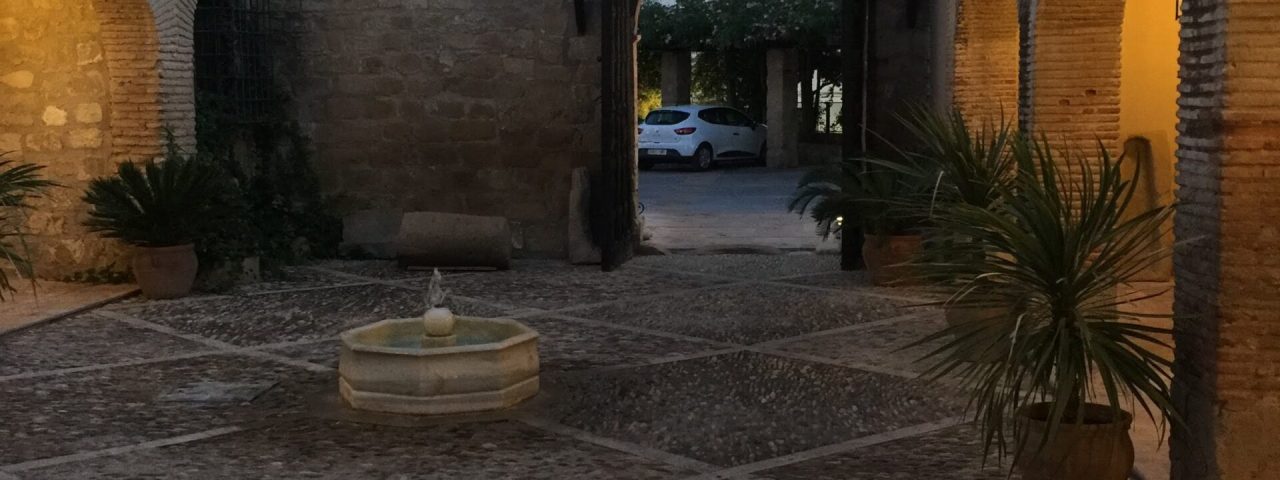Mengíbar boasts a long and varied history, with its origins dating back to Roman times. The town was known to the Romans as Mentesa, a settlement strategically located on the Via Augusta, one of the key Roman roads in Spain. Its position along this route made it an important stop for travelers and traders. Later, during the Moorish period, Mengíbar became part of the Islamic Emirate of Córdoba, and the town’s name is believed to be derived from the Arabic “Mansha’ al-Yabir.”
In 1212, Mengíbar witnessed one of the decisive battles of the Reconquista—the Battle of Las Navas de Tolosa—which shifted the balance of power in favor of the Christian kingdoms of Spain. The town’s post-Reconquista history has been shaped by its agricultural prosperity, particularly in the production of olive oil, which continues to be a vital part of the local economy.
Culturally, Mengíbar is a town that celebrates its heritage with pride. Local festivals such as the annual Feria de Mengíbar in July bring the community together in vibrant displays of traditional Andalusian music, dance, and cuisine. The town’s religious processions during Holy Week are particularly striking, drawing visitors from across the region to witness the deeply rooted Catholic traditions that have shaped Andalusian culture.
